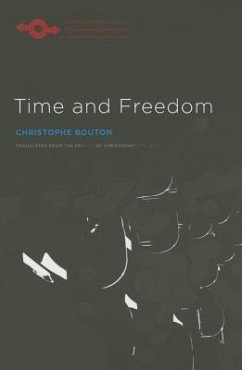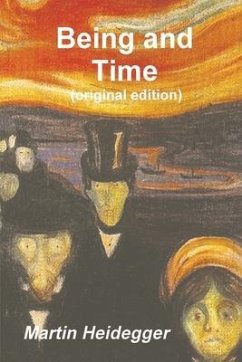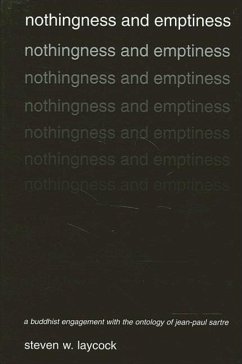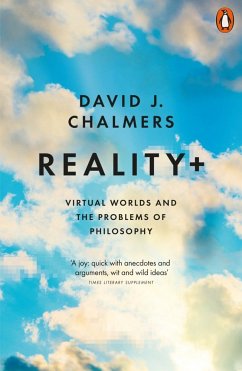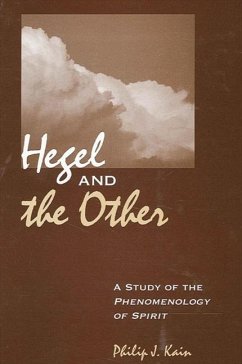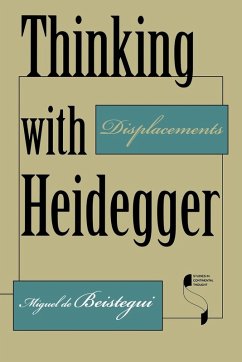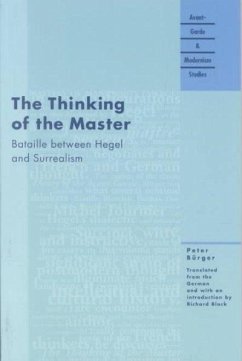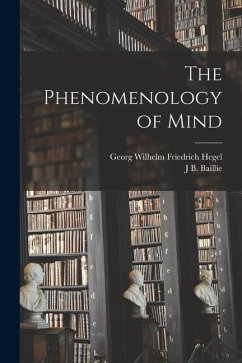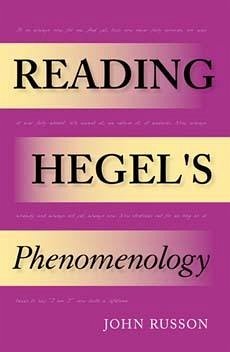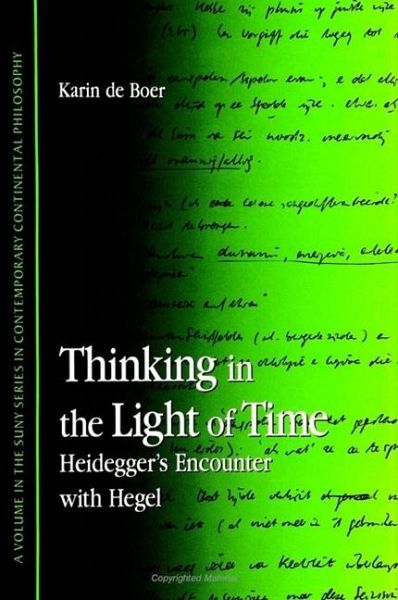
Thinking in the Light of Time
Heidegger's Encounter with Hegel
Versandkostenfrei!
Versandfertig in über 4 Wochen
36,99 €
inkl. MwSt.

PAYBACK Punkte
18 °P sammeln!
Heidegger's lifelong project of exposing and deconstructing the presuppositions governing the history of metaphysics begins with the conception of temporality outlined in Being and Time, a work which Heidegger never completed. In Thinking in the Light of Time, de Boer not only traces the notion of temporality developed in Being and Time, but goes beyond the published portion of that work to offer a reconstruction of its pivotal third division based on a systematic interpretation of other works, many of which have only recently been published. Emphasizing the continuity between Heidegger's earl...
Heidegger's lifelong project of exposing and deconstructing the presuppositions governing the history of metaphysics begins with the conception of temporality outlined in Being and Time, a work which Heidegger never completed. In Thinking in the Light of Time, de Boer not only traces the notion of temporality developed in Being and Time, but goes beyond the published portion of that work to offer a reconstruction of its pivotal third division based on a systematic interpretation of other works, many of which have only recently been published. Emphasizing the continuity between Heidegger's early and later thought, de Boer provides a systematic interpretation of Heidegger's work as a whole. Hegel's claim to have perfected metaphysics is central to de Boer's concern with Heidegger's attempt to deconstruct metaphysics. Heidegger's struggles to come to terms with Hegel's speculative science, especially the manner in which Hegel regards his own project as founded upon an understanding of time, is thus one of the focal points of de Boer's interpretation of Heidegger's deconstruction of metaphysics. De Boer argues that it is especially in his reading of Hegel that one sees how deeply Heidegger is committed to the attempt to do justice to the radical finitude of human life and its possible philosophical self-intrepretations. Her reading of Heidegger shows how his works paved the way for the deconstructive efforts that guide Derrida's thought.



